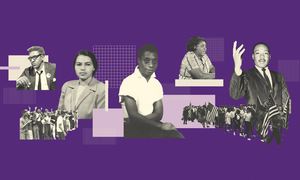Nobody's Free Until Everybody's Free
“There’re things will make you angry, will make you very mad, but those are the truths of our history. But there's nothing for not loving America because most of us would not want to live in any place else. And I lived in a lot of places in this world, and ain't no place like home, as they say. No place like home.”
—Charles Person, 1961 Freedom Rider
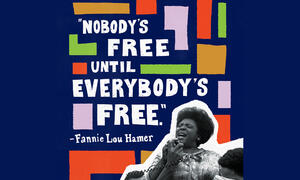
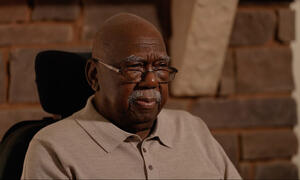
Charles Person: Freedom Rider Encourages Others To Get On Board
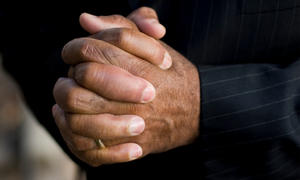
Celebrate Pride With Action
As we celebrate Pride Month, supporting LGBTQ+ young people and families is essential. Inclusivity in education plays a critical role for all children, especially in the hostile environment created by discriminatory laws and censorship policies that threaten to erase LGBTQ+ identities and roll back the gains of recent years. Our resource page shares our articles and content on supporting LGBTQ+ people, including information on inclusive education practices and allyship, and provides links to external resources.
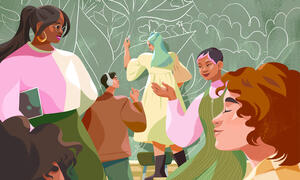
A Refuge for LGBTQ+ Young People

Supporting Immigrant Students and Families
Immigration has been at the front of the national conversation for years. Many immigrant children experience challenges adjusting to a new country and culture and being fully included in schools. In families without immigration documentation, the fear of family separation, arrest by U.S. Immigration and Customs Enforcement (ICE), and deportation continues to cause anxiety among children and their families.
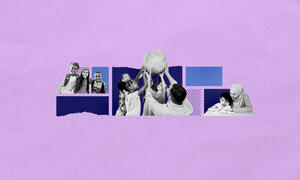
Supporting Students from Immigrant Families

Community Organizing Uplifts Immigrant Students
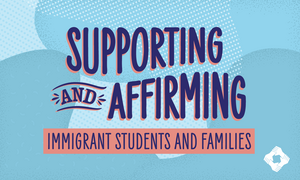
Supporting and Affirming Immigrant Students and Families
Uplift Asian American and Pacific Islander Stories
May is Asian American Pacific Islander (AAPI) Heritage Month. In celebration, we’ve updated our AAPI resource page. Learn about the experiences of AAPI communities and explore their impact on the United States. We hope you’ll uplift the diverse histories, cultures, identities and stories of AAPI communities—not only in May but all year round.

Celebrate Asian American Pacific Islander (AAPI) Heritage
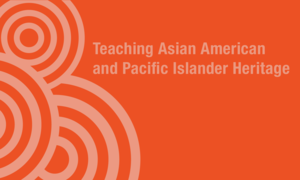
Teaching Asian American and Pacific Islander Heritage

Understanding and Countering Antisemitism and Islamophobia in Schools
Understanding 'Brown' in the Context of Inclusive Education
May 17, 2024, marks the 70th anniversary of Brown v. Board of Education of Topeka, Kansas, one of the most significant Supreme Court decisions and a major victory for the Civil Rights Movement. We must, however, resist the simplified narrative of the end of segregation and teach a more comprehensive story that includes analyzing Brown’s complex impact, the opposition to desegregation, and the ongoing movement for inclusive education.
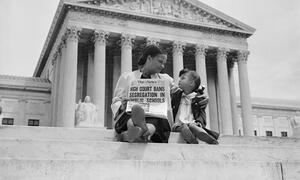
Connecting the ‘Brown’ Decision to Today’s Social Justice Movement
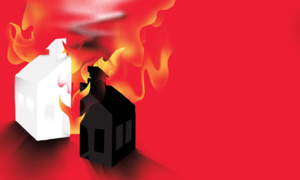
Burning 'Brown' to the Ground
